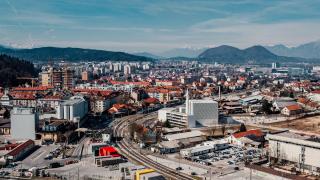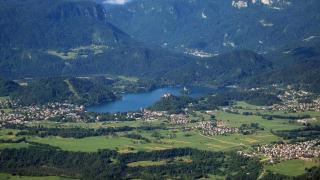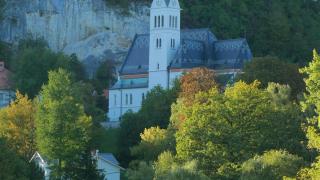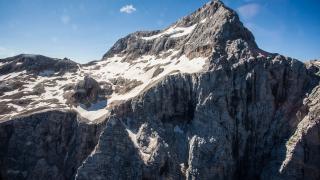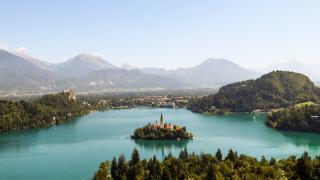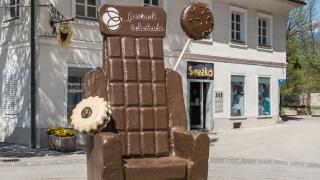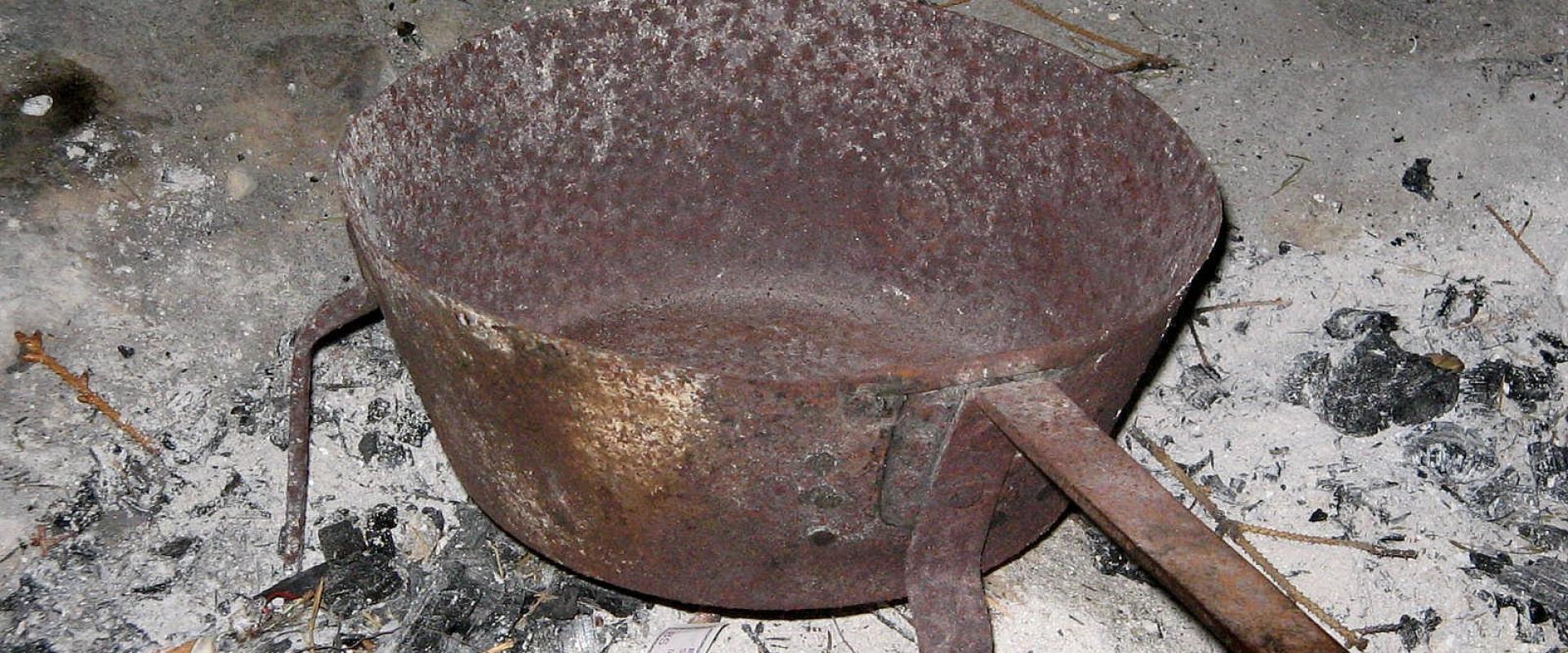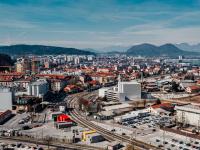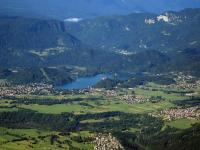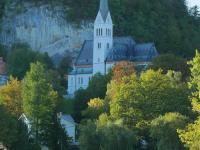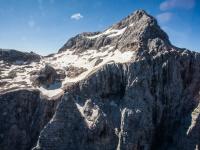Why Work in Slovenia?
Slovenia offers a high quality of life. The country is ranked among the safest in Europe. Ljubljana, the capital, has a low crime rate and efficient public transport. Average monthly rent for a one-bedroom apartment in Ljubljana is €700. Foreign workers are welcomed in sectors like IT, tourism, manufacturing, and logistics. The Port of Koper is a major employer for logistics jobs. Seasonal work is common in vineyards and ski resorts. Digital nomads often choose Ljubljana or Maribor for coworking spaces. Slovenian workplaces value punctuality and teamwork. The standard workweek is 40 hours. Overtime is regulated by law. Lunch breaks are usually 30 minutes. Most offices close by 4 p.m. Work-life balance is important. Many Slovenians spend weekends hiking in the Julian Alps or visiting Lake Bled. Students from the EU and Western Balkans come for internships and part-time jobs. English is widely used in international companies. Knowledge of Slovene is an advantage for local roles.
Work permits in Slovenia are regulated by the Employment, Self-employment and Work of Foreigners Act.
Types of permits:
- Single permit (enotno dovoljenje): For residence and work. Required for most non-EU citizens.
- EU Blue Card: For highly qualified non-EU workers.
- Seasonal work permit: For jobs up to 90 days, mainly in agriculture or tourism.
Who needs a permit:
- EU/EEA/Swiss citizens: No work permit needed. Registration at the local Administrative Unit (Upravna enota) within 90 days is required.
- Non-EU citizens: Must obtain a single permit before starting work.
Application process:
- Apply at the Slovenian embassy/consulate abroad or at the local Administrative Unit in Slovenia.
- Employer usually initiates the process for non-EU nationals.
Key documents:
- Valid passport
- Employment contract or job offer
- Proof of qualifications
- Health insurance
Processing time and fees:
- Single permit: 30–60 days processing time.
- Application fee: €70–€110, depending on permit type.
Short-term vs. long-term:
- Short-term: Seasonal or project-based, up to 90 days.
- Long-term: Valid up to one year, renewable.
All documents must be officially translated into Slovene.
Job Hunting the Slovenian Way
Tourism, IT, teaching English, and seasonal farm work are main sectors for foreigners in Slovenia.
Popular job portals:
- Mojedelo.si and Zaposlitev.net list most local vacancies
- EURES Slovenia for EU-wide listings
- ESS (Zavod RS za zaposlovanje) is the national employment service
- Recruitment agencies like Adecco Slovenija and Manpower Slovenija operate in Ljubljana and Maribor
Networking is vital.
- Many jobs are filled through personal contacts ("priporočilo")
- Attend local events, language exchanges, and professional meetups in Ljubljana or Celje
Language requirements:
- Most office jobs require Slovenian
- English is accepted in IT, tourism, and some startups
- German or Italian is useful near borders
- Slovene language courses cost €200–€400 per semester
Hiring timelines:
- Application to interview: 2–4 weeks
- Typical interview process: 1–2 rounds, often in person
Practical tips:
- CVs should be concise, 1–2 pages, in Slovenian or English
- Cover letters are expected
- Minimum wage is €1,304 gross/month (2024)
- Seasonal jobs often pay hourly (€6–€8/hour)
Job search peaks in spring and autumn. Summer hiring slows except for tourism and agriculture.
Inside the Slovenian Workplace
Standard work hours in Slovenia are 40 per week, typically Monday to Friday, 8:00 to 16:00. Overtime is regulated and paid extra. Most offices close by 17:00. Full-time workers receive at least 20 days of paid annual leave. Public holidays include Prešeren Day (8 February) and Statehood Day (25 June). Offices often close for Christmas (Božič) and New Year.
Business dress is usually smart-casual. Suits are common in banks and government. Hierarchies are present but less formal than in Germany or Austria. First names are used after initial introductions. Slovenians value punctuality and direct, polite communication. Meetings start on time and follow an agenda.
Teamwork is important. Feedback is usually given privately, not in public. Foreigners may face challenges with Slovene language in smaller companies. English is widely spoken in Ljubljana and larger firms. Bureaucracy can be slow, especially for work permits and registration. Integration takes time; joining local clubs or sports helps.
Coffee breaks (kava) are common and social. Lunch is usually eaten between 12:00 and 14:00, often at nearby "malica" restaurants.
Everyday Essentials for Workers
Finding housing: Most foreign workers rent apartments. In Ljubljana, a one-bedroom flat costs €600–€900 monthly. Maribor and Celje are cheaper, around €400–€600. Short-term rentals are available on Nepremicnine.net. Deposits are usually one month’s rent.
Commuting: Ljubljana has city buses (LPP) with Urbana cards. A monthly pass costs €37. Regional trains connect major cities. Cycling is popular; BicikeLJ offers 60 minutes free per ride. Driving requires a valid EU or international license.
Cost of living: Groceries for one person average €200–€250 per month. Lunch menus (malica) in local restaurants cost €6–€8. Utilities for a small flat are €120–€180 monthly.
Health insurance: ZZZS (Obvezno zdravstveno zavarovanje) is mandatory. Employers register workers. Supplementary insurance (dopolnilno) is advised, about €35 monthly.
Integration: Slovenians value punctuality. Join local clubs (društva) or language courses for networking. Many Slovenians speak English, but learning basic Slovene helps social integration.
Quick Reference & Pro Tips
Essential resources:
- Use e-uprava.gov.si for official forms and info
- Zavod za zaposlovanje (ess.gov.si) offers job seeker support
Top tips:
- Register residence within 3 days of arrival at the local upravna enota
- Open a Slovenian bank account for salary payments
- Learn basic Slovene; English is not always spoken in offices
Common pitfalls:
- Missing health insurance registration (Zdravstveno zavarovanje)
- Not declaring income to FURS (tax authority)
Where to get help:
- Free legal advice: Zagovornik.si
- Expat groups: Facebook "Expats in Slovenia"
